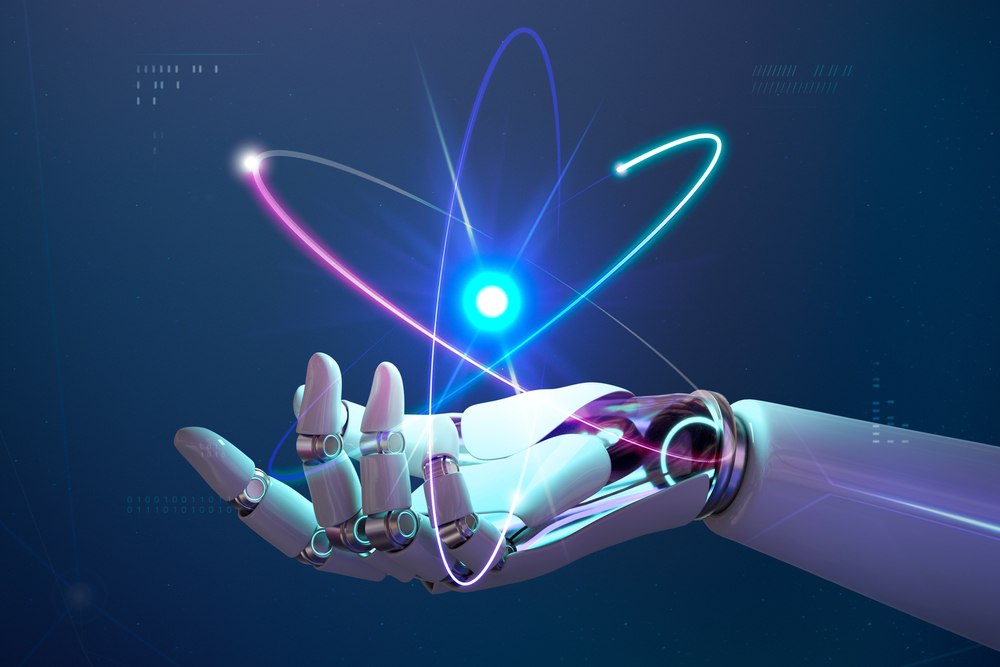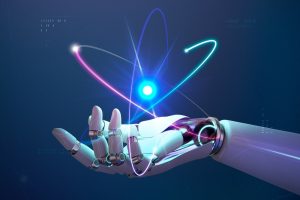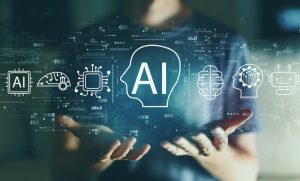ChatGPT: A Milestone in AI Development and the Approach to Technological Singularity

The release of ChatGPT in 2022 marked a massive milestone in the development of artificial intelligence. As one of the most advanced AI models, ChatGPT represents a major step forward in machine learning and natural language processing capabilities.
Furthermore, the ability of ChatGPT to generate human-like responses in natural language makes it a prime example of the increasing sophistication of AI technology. This rapid development in AI raises questions about AI’s future and its role in our lives, with some experts speculating that we may be nearing a technological singularity.
AI Singularity
A singularity refers to a hypothetical future when AI surpasses human intelligence and becomes Earth’s dominant form of intelligence. This concept was first introduced by computer scientist and mathematician John von Neumann in the mid-1900s and was popularized by Vernor Vinge, a science fiction author, in the 1980s.
The idea is that once AI reaches a level of intelligence that is significantly greater than human intelligence, it will be able to improve itself exponentially, leading to an AI singularity. This development would result in a future where machines are much smarter than humans and potentially beyond our control.
However, the concept of a singularity is still a matter of debate among experts in AI and related fields, with some considering it a far-off possibility and others viewing it as a near-term threat.
The release of ChatGPT in 2022 is a good example of the remarkable progress in AI, and as time goes more and more people are talking about the tech’s future.
Many industry experts believe that we are already seeing signs of the singularity taking shape, with AI systems demonstrating capabilities that were once thought to be exclusive to humans, such as creativity and empathy.
For example, an AI system could generate art indistinguishable from physical art. This level of creative ability was once thought impossible for machines to achieve, but it is now becoming a reality.
Moving Forward
The rapid progress of AI also raises serious concerns about its future and our ability to control it. Some experts warn that we are on the brink of a future where machines are much smarter than humans and that we may be unable to keep up with their capabilities.
In addition, the development of AI may eventually lead to a future where machines have their own goals and motivations independent of human control. While some experts speculate that we may be approaching a technological singularity, others argue that we are still far from reaching that point.
For example, a recent paper published by a Harvard research panel argues that the technological advancements required for a singularity still need to be implemented. According to the report, the development of 5G networks, the metaverse, and the Internet of Things (IoT) drive the demand for advanced AI.
Still, significant advancements in quantum computing, neuroscience, and human-machine interfaces are necessary before a singularity can occur. As the development of AI continues, we must consider the potential consequences of these advancements and take steps to ensure that AI technology is used for the benefit of humanity.
This step requires ongoing collaboration between experts in the field of AI, policymakers, and the general public to ensure that we are prepared for the challenges and opportunities that lie ahead.




